We asked Brown Engineers to tell us about their 2023 summer internships and research projects. These summer positions often play a crucial role in shaping one’s career, not only helping a student gain real exposure to working environments, but also developing the necessary skills required to stand out. These valuable opportunities can help shape or re-shape career aspirations, illustrate real-life applications of in-class learning, and enhance professional networking opportunities.
Highlighted here are a few summer experiences from the Classes of '24 and '25:
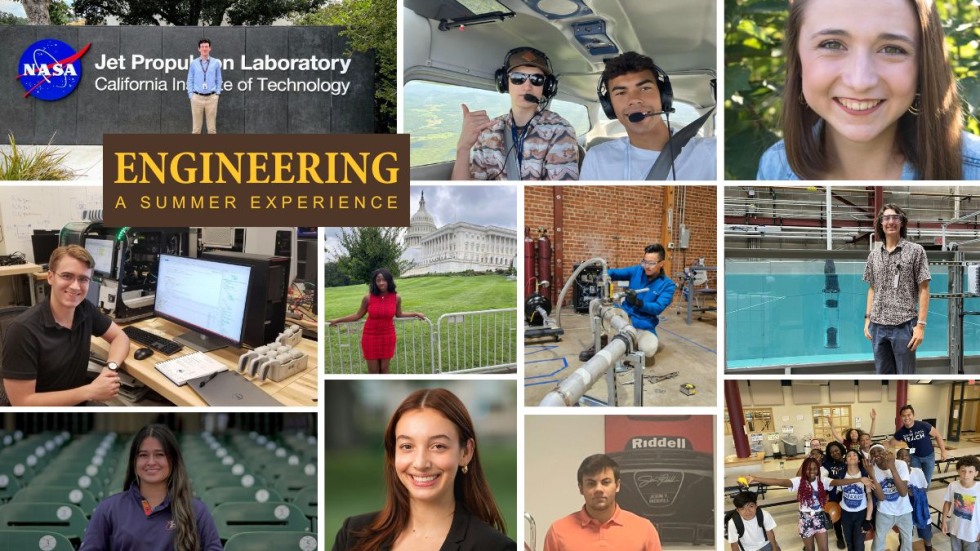
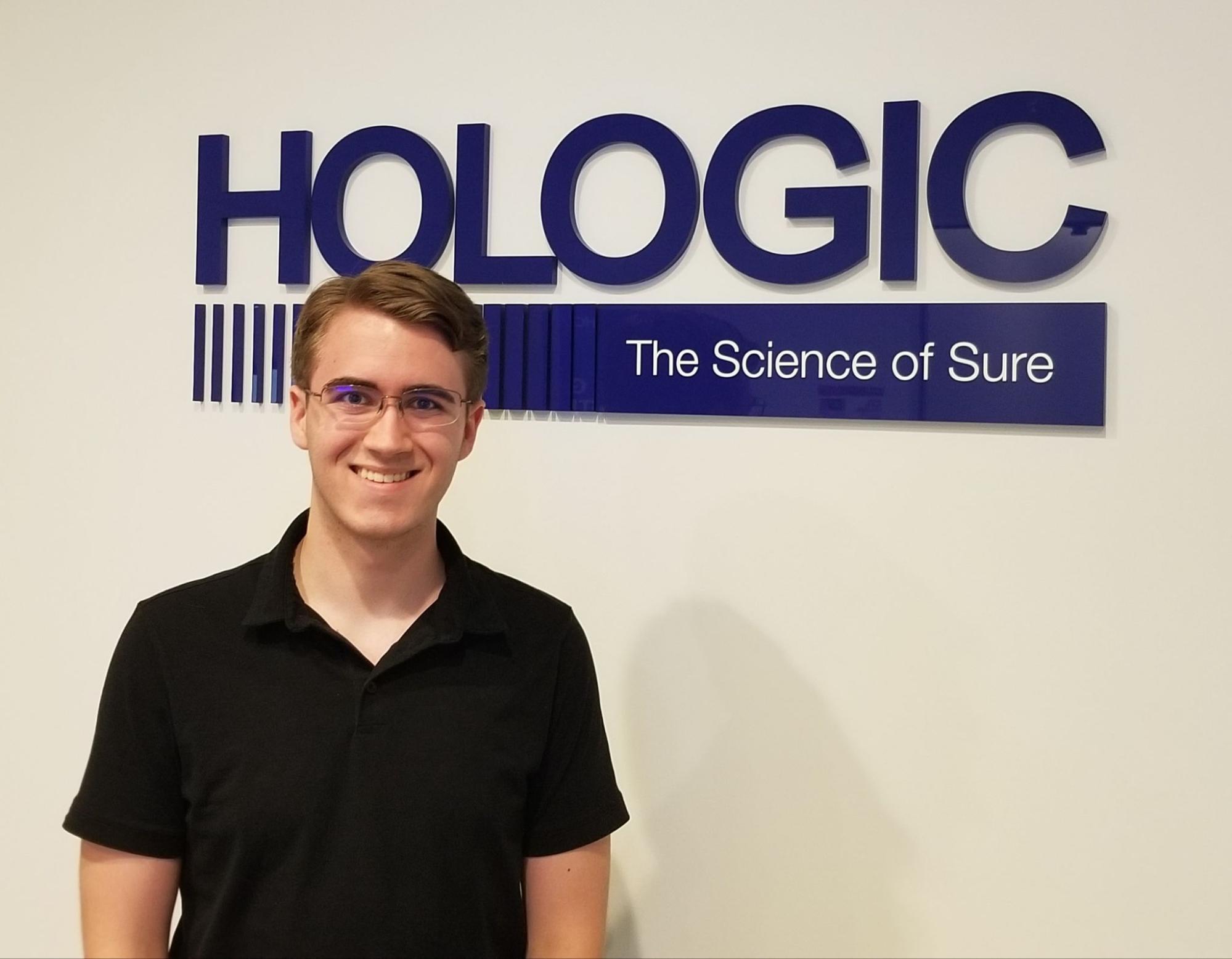 Austin Funk
Austin Funk 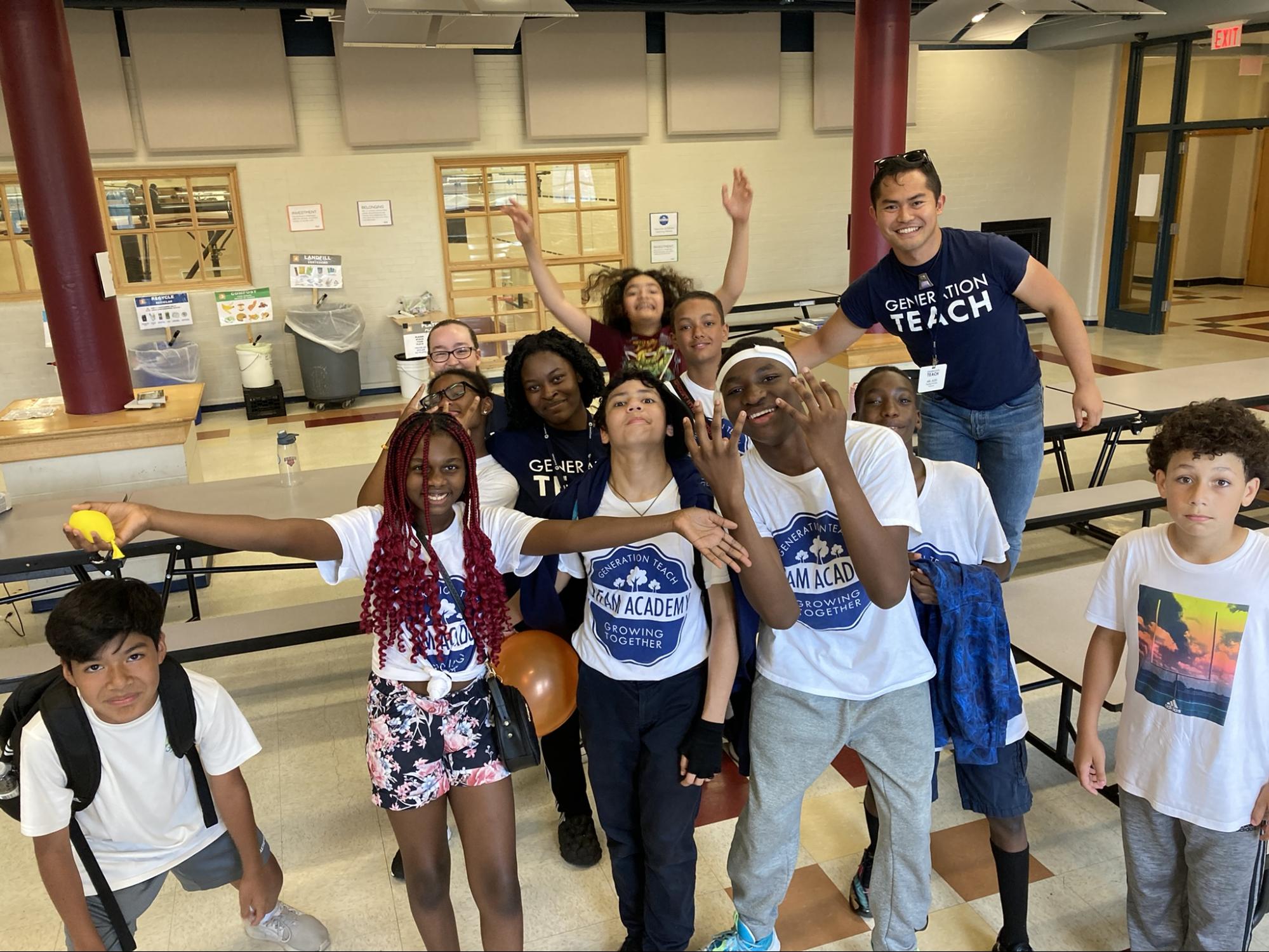 Alex Herrero
Alex Herrero 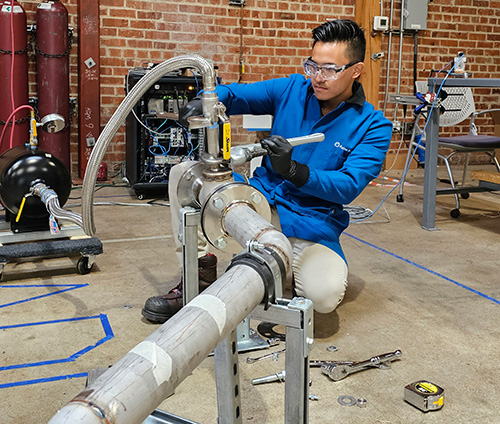 Christian Labrador
Christian Labrador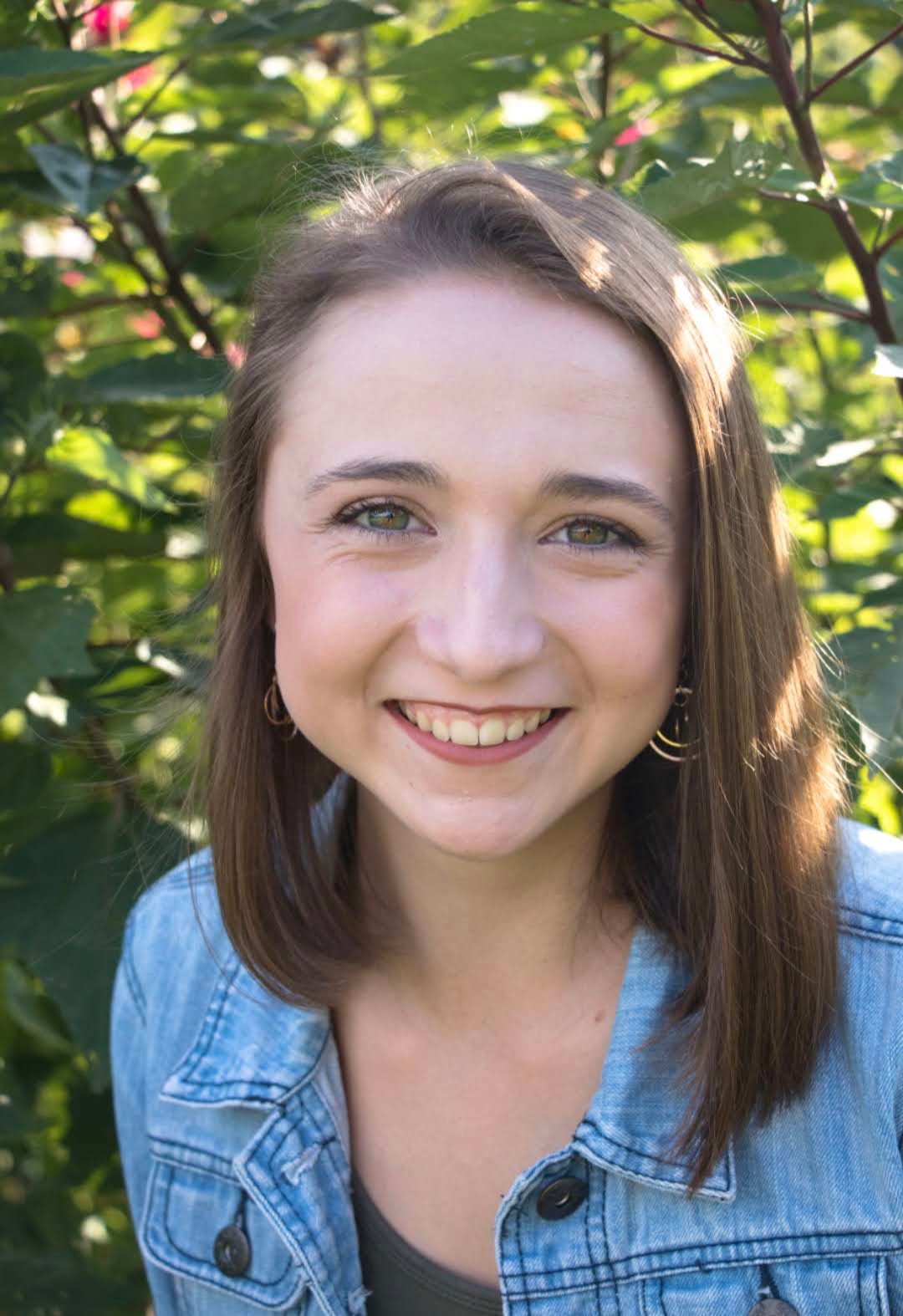 Hannah Long
Hannah Long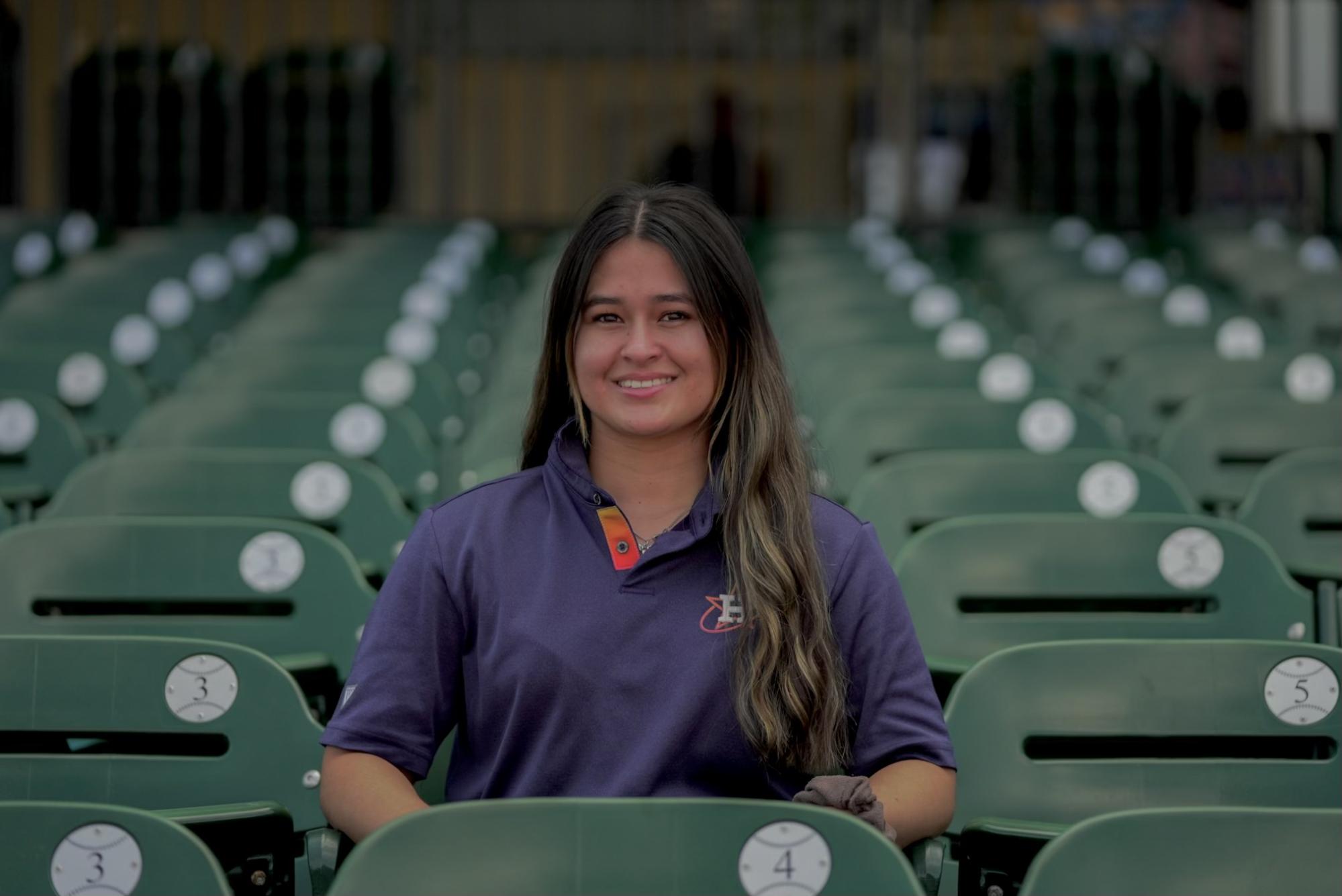 Layla Lynch
Layla Lynch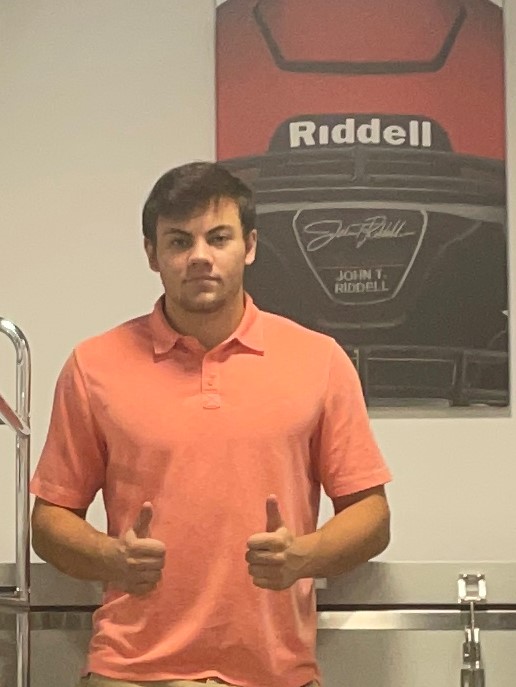 Caleb Moorhead
Caleb Moorhead 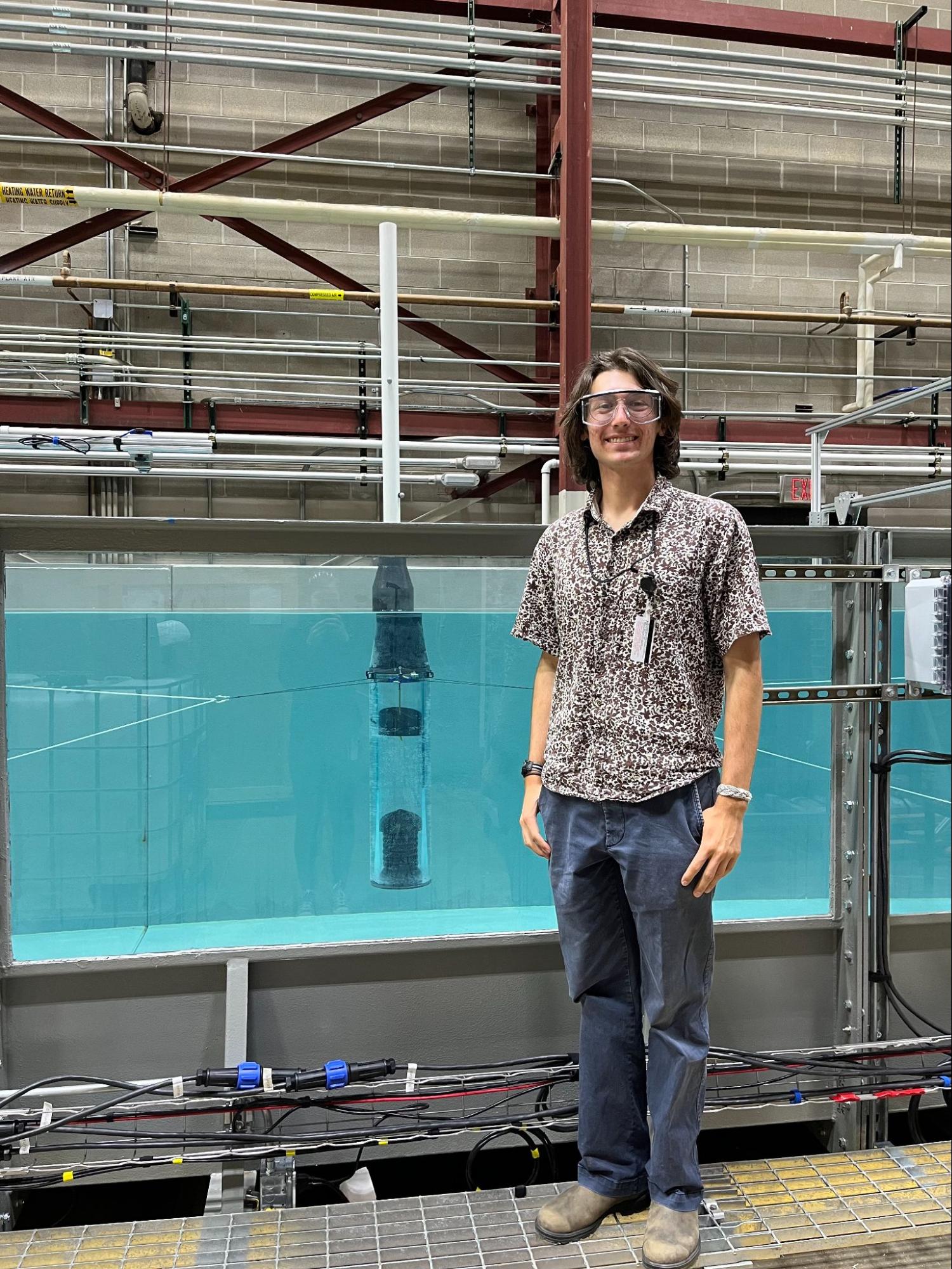 Keller Morrison
Keller Morrison 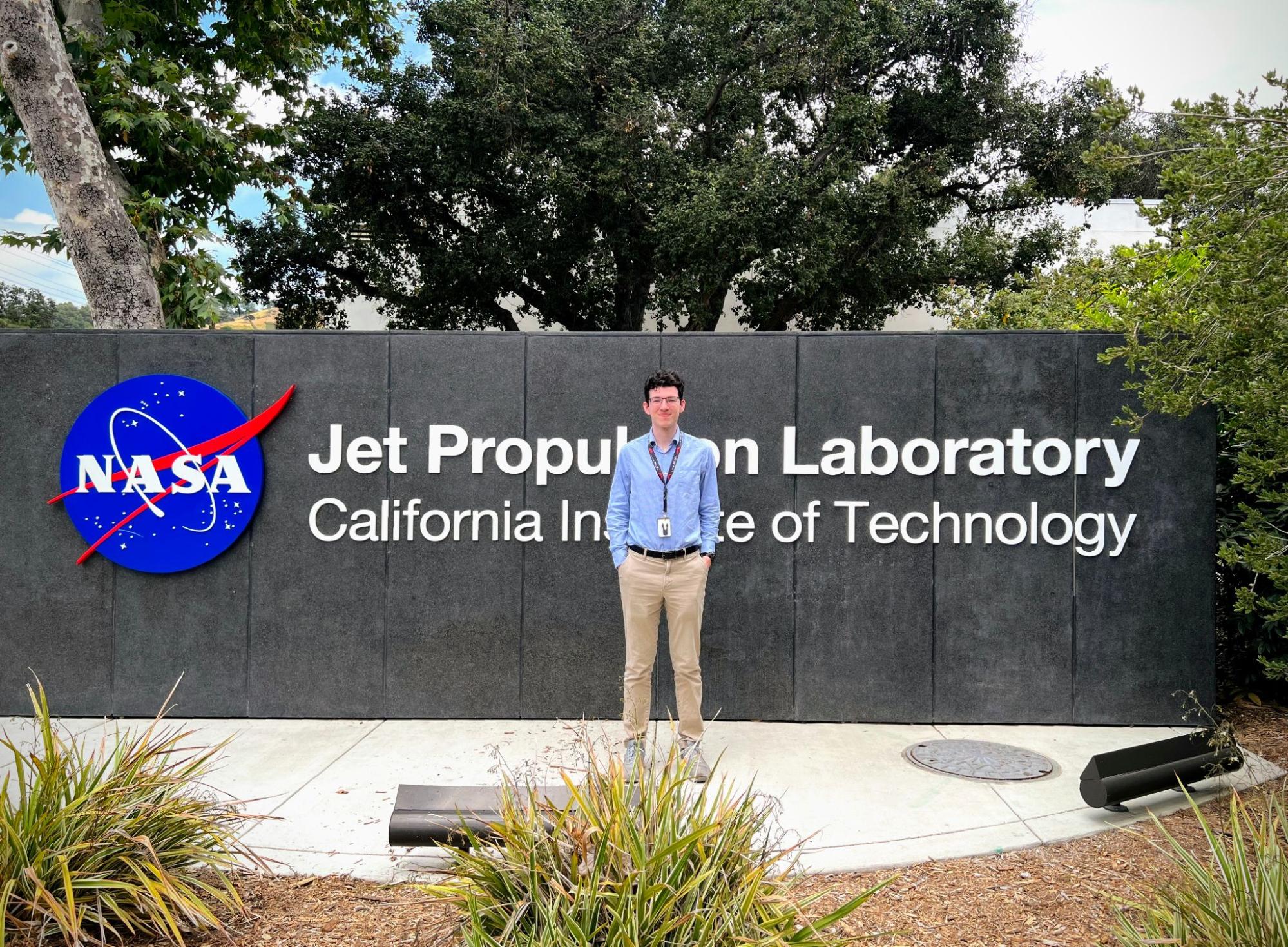 Benjamin Newcomb
Benjamin Newcomb 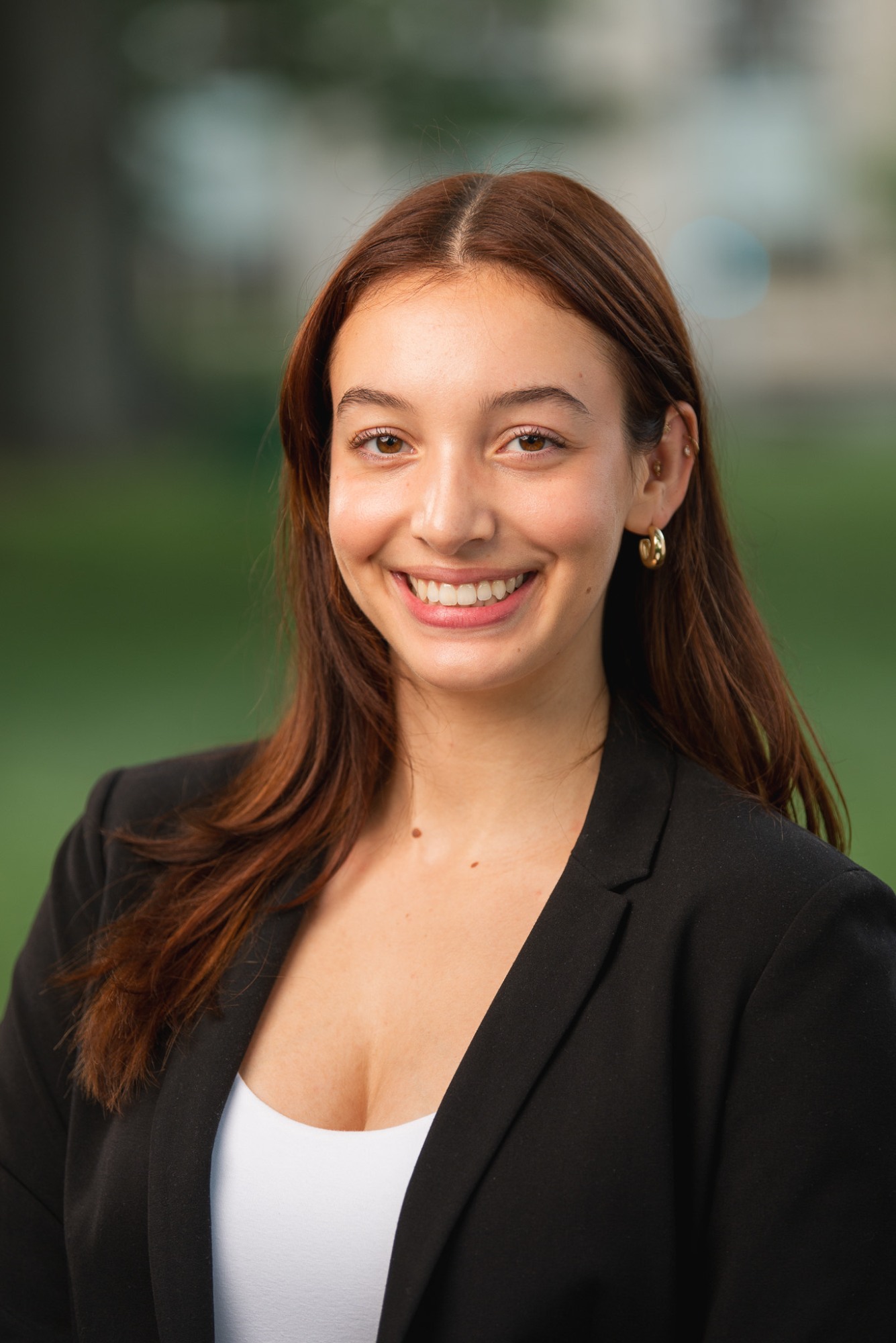 Angelina Schorr
Angelina Schorr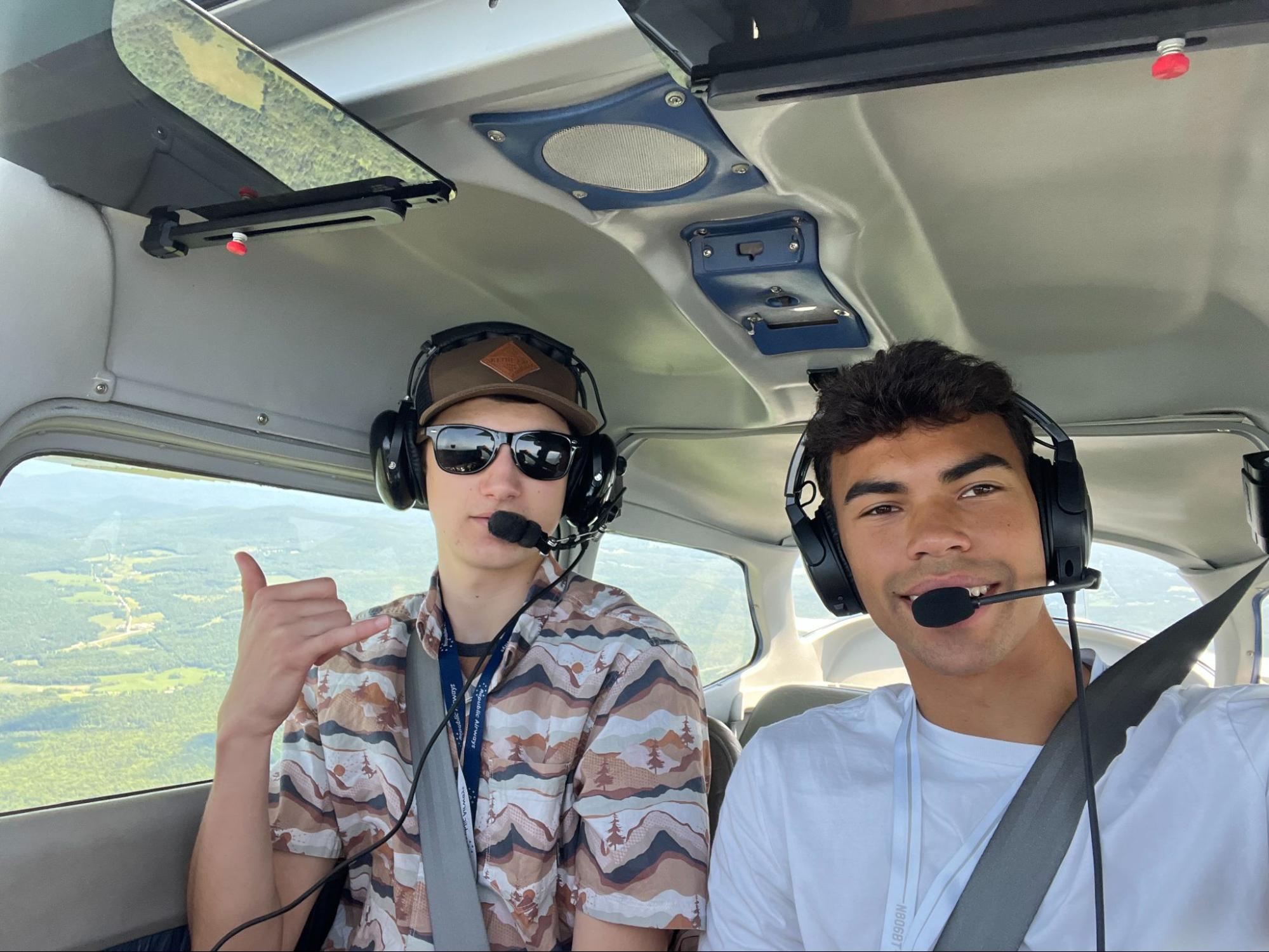 Kofi Young
Kofi Young